Increased reports of copyright violations on Instagram are prompting concern among adult performers, many of whom now suspect that anti-porn groups or even well-meaning industry allies may be putting their accounts at risk due to automated takedown systems.
Adult performer Raven Lane recently revealed how she discovered that her Instagram content had been flagged for a copyright violation, even though the material in question had been shared with full permission. The takedown, issued via a DMCA notice, stemmed from her use of a promotional graphic for an AVN appearance, supplied directly by AVN itself.
Instagram’s “Account Status” tool, found under Settings and Activity, is becoming a crucial resource for adult performers. There, users can view removed content and message issues.
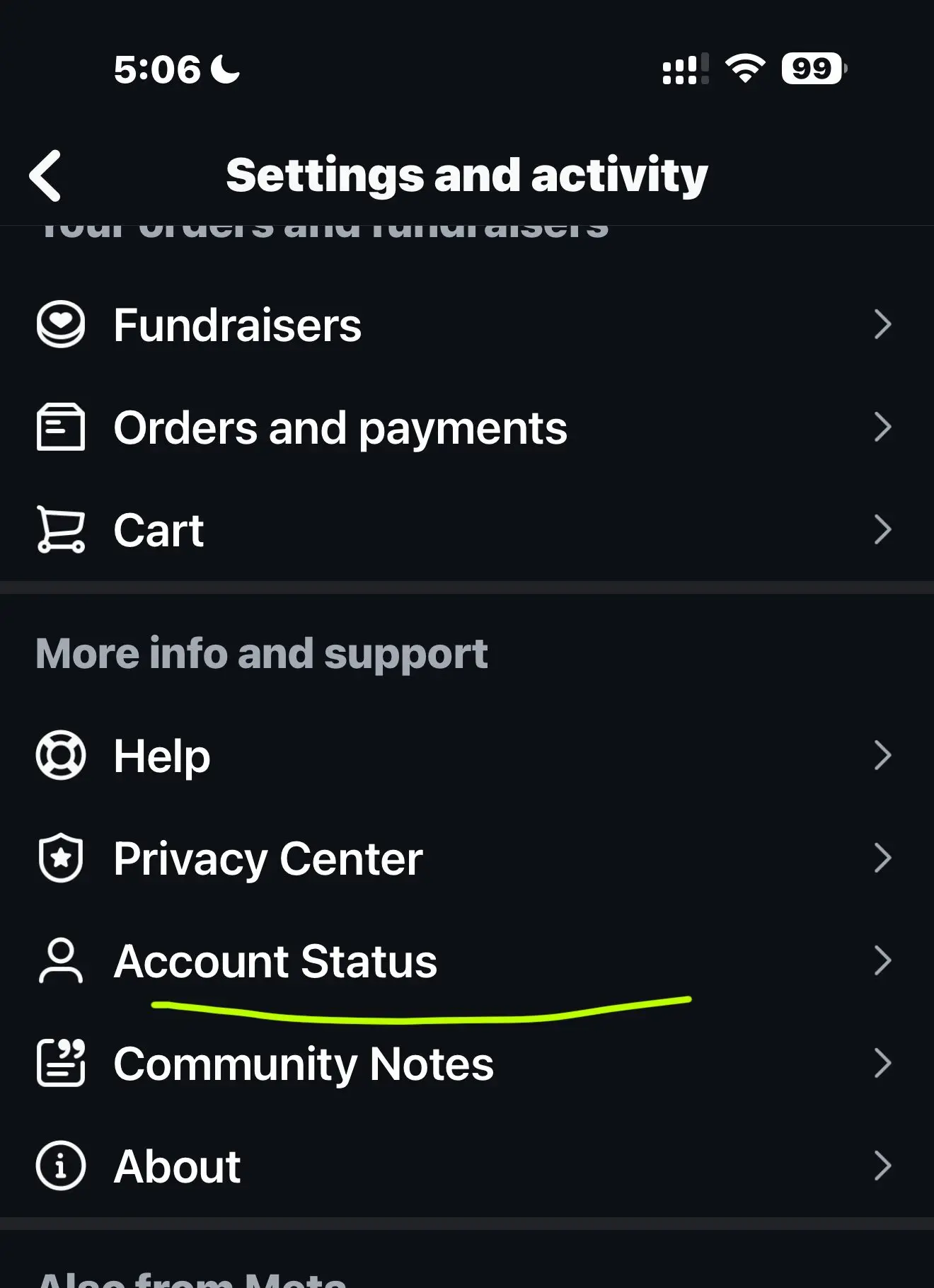
A red or orange warning typically indicates a violation. Clicking on the flagged content allows users to review the reason for its removal, most notably, whether it violated Instagram’s intellectual property policies.
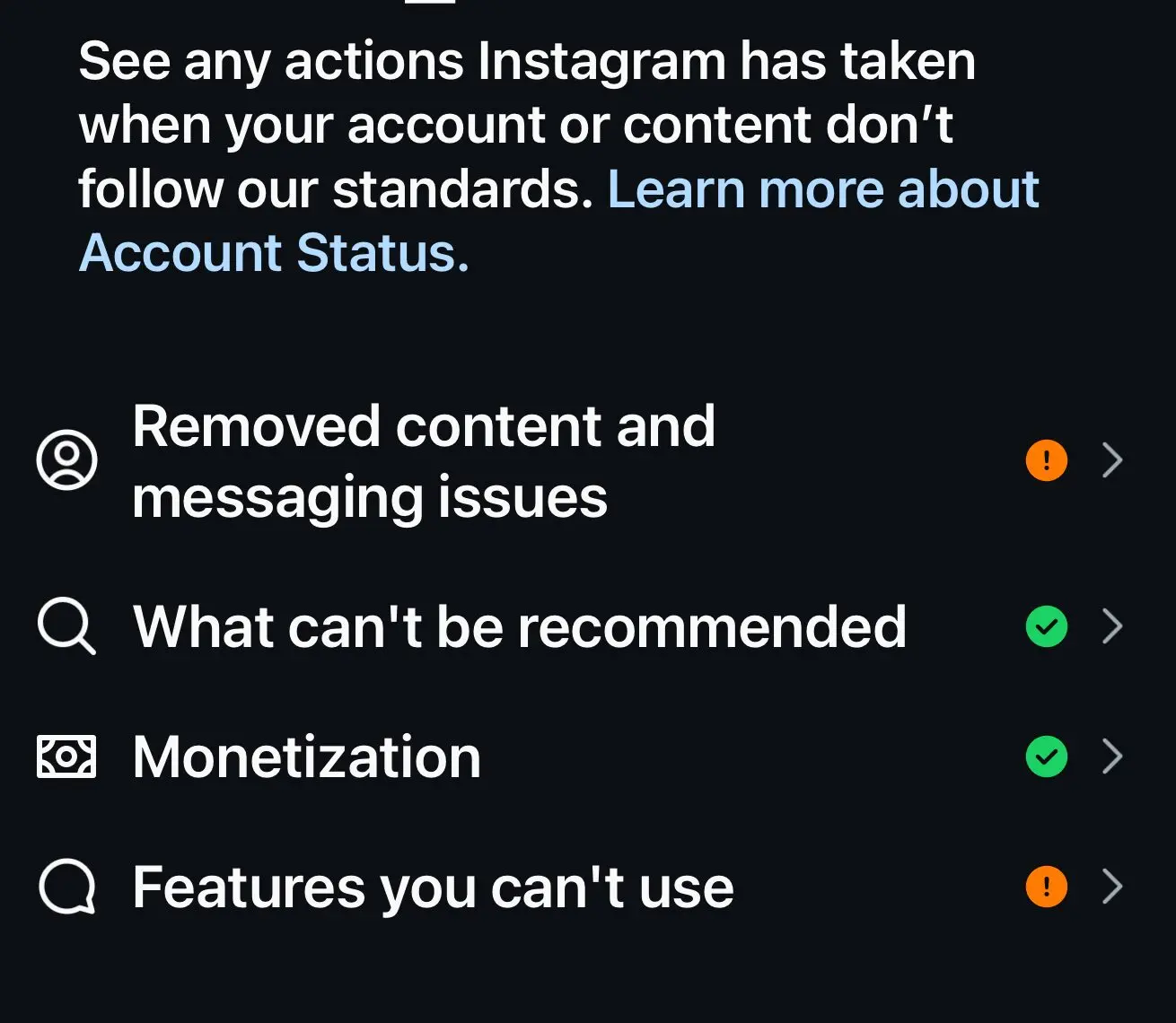
In Raven Lane’s case, the platform noted the image had been removed due to a DMCA takedown. Instagram provided two options: “Contact the Reporter” and “Submit a Counter-Notification.”
Selecting the first revealed that what appeared to be AVN or a third-party copyright enforcement partner acting on their behalf had filed the complaint, inadvertently jeopardizing her account.
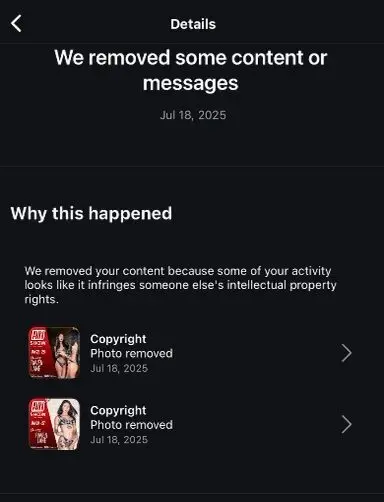
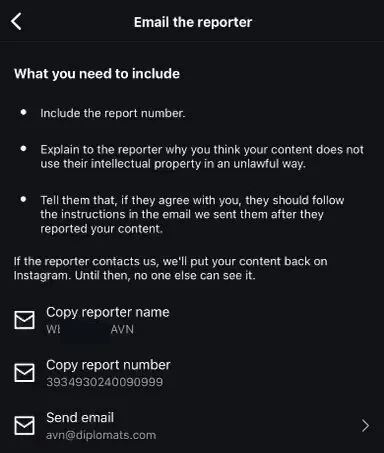
Raven Lane contacted the DMCA enforcer to resolve the issue, but also had to file a formal counter-notification through Instagram to correct the record.
When she contacted AVN, they seemed unaware of the report and indicated that the email associated with their take-down request wasn't theirs.
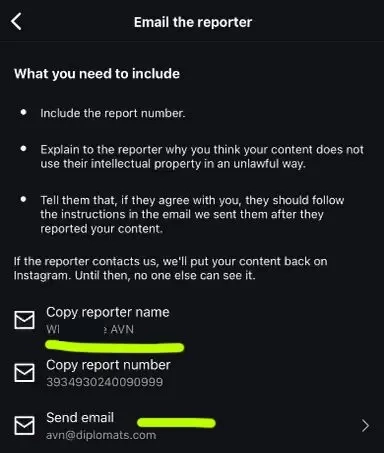
This means that her account was targeted by a false takedown request, someone pretending to be the copyright owner, trying to get her account in trouble.
This is why it's important you check your account, because you never know when some anti-porn crusader will target you.
But that being said, it's not uncommon for companies to issue false takedown requests. Accidents happen, and they are very common.
You need to not only find out who is reporting you but also issue a counterclaim.
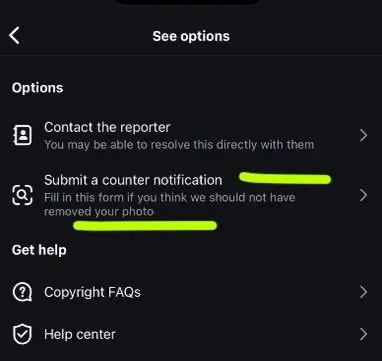
This two-step process is critical in defending against account suspensions. Under Instagram’s policies, repeated copyright strikes can result in the permanent deactivation of an account.
The core of the problem, experts say, lies in the reliance on automated takedown systems. Many copyright enforcement companies utilize AI-driven tools to detect content across platforms. These systems are often unable to distinguish between unauthorized use and properly licensed or promotional use, particularly in the adult industry, where performers regularly grant media outlets the right to share content for marketing purposes.
According to performers and content managers interviewed, automated copyright enforcement system has wrongly targeted multiple performer accounts in recent months.
While no ill intent is assumed, the consequences are real—and growing.
Understanding the Digital Millennium Copyright Act (DMCA) is essential for content creators in this space. Passed in 1998, the DMCA allows copyright holders to issue takedown notices if their material is used without permission. But it also provides mechanisms for users to challenge false claims via counter-notices.
Adult creators, whose businesses often rely heavily on Instagram and similar platforms for marketing and fan engagement, are urged to monitor their Account Status routinely. A single false strike may be an error; several could lead to a permanent loss of income and reach.
Although AVN and similar organizations do not intend to harm performer accounts, the current automation-heavy content protection system can easily result in friendly fire. Creators are encouraged to remain proactive and vigilant because when it comes to copyright on social media, good intentions alone are not enough to protect your profile.